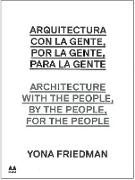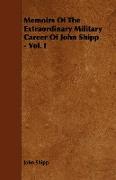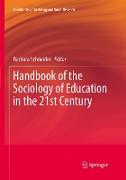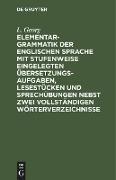Arquitectura Con la Gente, Por la Gente, Para la Gente/Architecture With The People, By The People, For The People
BücherAngebote / Angebote:
Diese Monografie, ist dem herausragenden ungarischen Architekten Yona Friedman gewidmet, der in Paris lebt und arbeitet. Yona Friedmans Arbeit umfasst städteplanerische Modelle, theoretische Texte und Animationsfilme. Er hat an zahlreichen Kunstbiennalen teilgenommen, unter anderem an der Shanghai Biennale, der Biennale von Venedig und an der Documenta 11. Seine visionären bahnbrechenden Ideen gehören für einige Generationen von Architekten und Stadtplanern zu den besten Entwürfen und haben Architekten wie Kenzo Tange, Arata Isozaki oder Bernard Tschumi beeinflusst. Friedman ist noch immer tätig und sozial engagiert, die wichtigsten seiner Ideen stammen aus den 1950er und 1960er Jahren. 1956 veröffentlichte er das "Manifeste de l'architecture Mobile", das für Regionen gedacht ist, in denen Bauen bisher nicht möglich war. Der Text wurde danach als Gründungsdokument der Groupe d'étude d'architecture mobile (GEAM) verwendet. Er entwickelte Stadtkonzepte wie La ville spatiale - die räumliche Stadt, in der Wohneinheiten dank günstiger, wiederverwendbarer mobiler Modelle von den Bewohnern frei verteilt werden. 1965 gründete er mit Ionel Schein, Walter Jonas und anderen die Groupe International d'Architecture Prospective (GIAP).
This monograph, second in the collection featuring artists and architects who maintain a critical view of the contemporary world, is devoted to the distinguished Hungarian architect, living and working in Paris, Yona Friedman. Yona Friedman's work spans urban models, theoretical texts and animated films. He has participated in several biennial art exhibitions, including Shanghai, Venice and Documenta 11. His visionary, ground-breaking ideas have been at the forefront for several generations of architects and urban planners, and have clearly influenced the likes of Kenzo Tange, Arata Isozaki or Bernard Tschumi. While Friedman is still active and remains socially committed, his most important ideas stem from the fifties and sixties. In 1956, he published his "Manifeste de l'architecture Mobile, " which set an urban structure on piles suitable for areas where building had not been not possible. This text was in turn used as the founding document of the Groupe d'e?tude d'architecture mobile (GEAM). He developed urban concepts such as La ville spatiale-the Spatial City where dwellings are freely distributed by the citizens thanks to low-cost, reusable mobile models. In 1965, along with Ionel Schein, Walter Jonas and others, he founded the Groupe International d'Architecture Prospective (GIAP).
Folgt in ca. 15 Arbeitstagen




